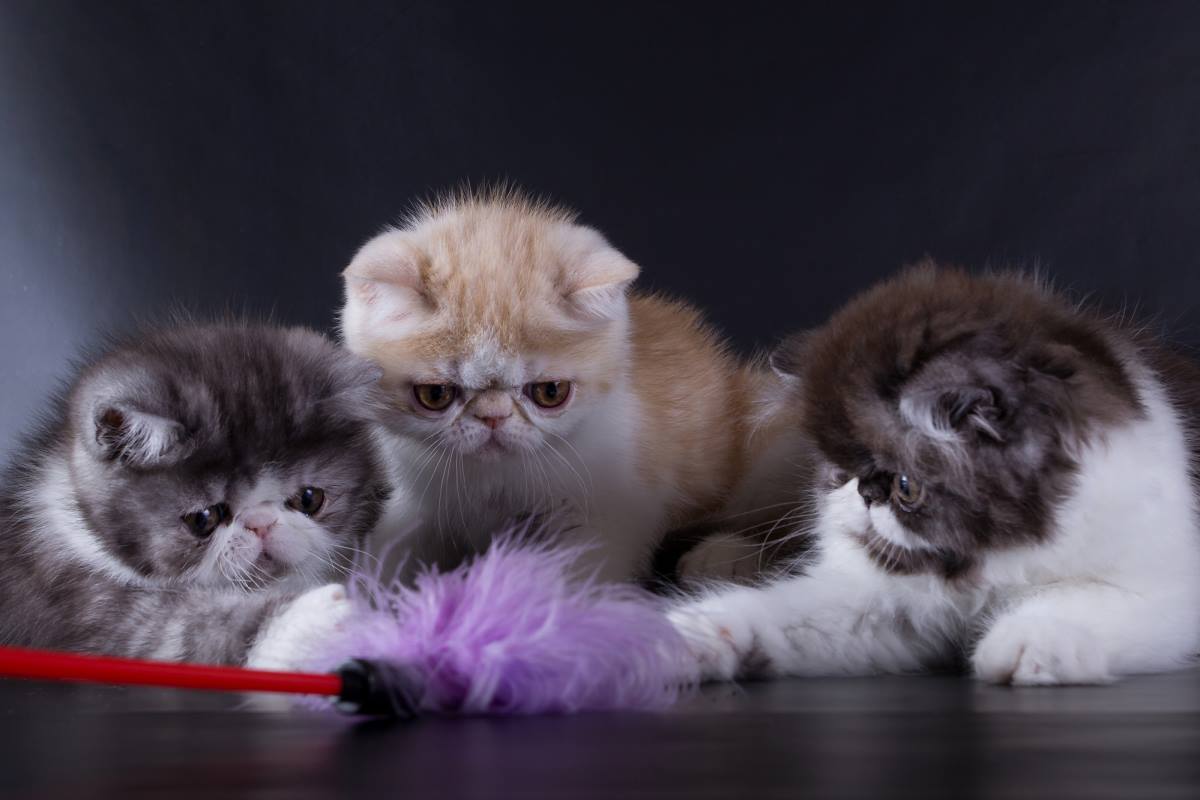
Considerations for Persian Cats
Health and Wellness Considerations for Persian Cats
Persian cats are one of the most popular and beloved breeds, known for their long, luxurious fur and gentle temperament. However, due to their unique physical characteristics, Persian cats require special care to ensure their health and wellness. Here are some key considerations:
1. Regular Grooming
- Daily Brushing: Persian cats have long, thick fur that can easily become matted. Daily brushing is essential to prevent tangles and reduce shedding.
- Bathing: Regular baths help keep their coat clean and free of oils. Use a cat-specific shampoo to avoid skin irritation.
- Eye Cleaning: Persian cats are prone to tear staining, especially in light-colored cats. Wiping their eyes daily with a damp cloth can help prevent stains and infections.
2. Eye Health
- Brachycephalic Issues: Persian cats have a flat face (brachycephalic), which can lead to various eye problems such as tear overflow, corneal ulcers, and entropion (inward folding of the eyelid). Regular veterinary check-ups are important to catch and manage these issues early.
3. Respiratory Health
- Breathing Difficulties: The flat face of Persian cats can also cause breathing difficulties. Ensure they are in a cool, stress-free environment, especially in hot weather, to avoid respiratory distress.
- Avoiding Obesity: Maintaining a healthy weight is crucial, as obesity can exacerbate breathing problems.
4. Dental Care
- Regular Brushing: Due to their facial structure, Persian cats can be more prone to dental issues such as misaligned teeth or periodontal disease. Regular brushing with cat-specific toothpaste can help white persian cats prevent dental problems.
- Veterinary Dental Check-ups: Regular check-ups are recommended to monitor and address any dental concerns.
5. Diet and Nutrition
- High-Quality Diet: Provide a balanced diet that meets the nutritional needs of Persian cats. High-quality cat food that is rich in protein and low in fillers is ideal.
- Hydration: Persian cats are prone to urinary tract issues, so ensure they have access to fresh water at all times. Wet food can also help keep them hydrated.
6. Genetic Conditions
- Polycystic Kidney Disease (PKD): This is a common genetic condition in Persian cats. Regular veterinary check-ups and screening for PKD can help manage the disease early.
- Hypertrophic Cardiomyopathy (HCM): Another condition to be aware of is HCM, a heart disease that can affect Persian cats. Regular heart screenings can help detect and manage this condition.
7. Exercise and Mental Stimulation
- Playtime: Persian cats may be more sedentary than other breeds, but they still need regular exercise to maintain a healthy weight. Interactive toys and short play sessions can keep them active.
- Mental Stimulation: Provide toys and activities that stimulate their minds. Puzzle feeders and interactive toys are great for keeping them engaged.
8. Litter Box Maintenance
- Hygiene: Persian cats can be particular about their litter box. Ensure it is cleaned regularly to prevent any aversion to using it.
- Low Dust Litter: Due to their respiratory sensitivities, it’s best to use low-dust or dust-free litter.
9. Regular Veterinary Visits
- Routine Check-ups: Regular visits to the veterinarian are essential for monitoring the overall health of Persian cats. Early detection of any health issues is key to effective treatment.
- Vaccinations and Parasite Control: Ensure your Persian cat is up-to-date on vaccinations and protected against common parasites like fleas, ticks, and worms.
By taking these health and wellness considerations into account, you can help ensure your Persian cat lives a long, healthy, and happy life.
persian cats for sale near me